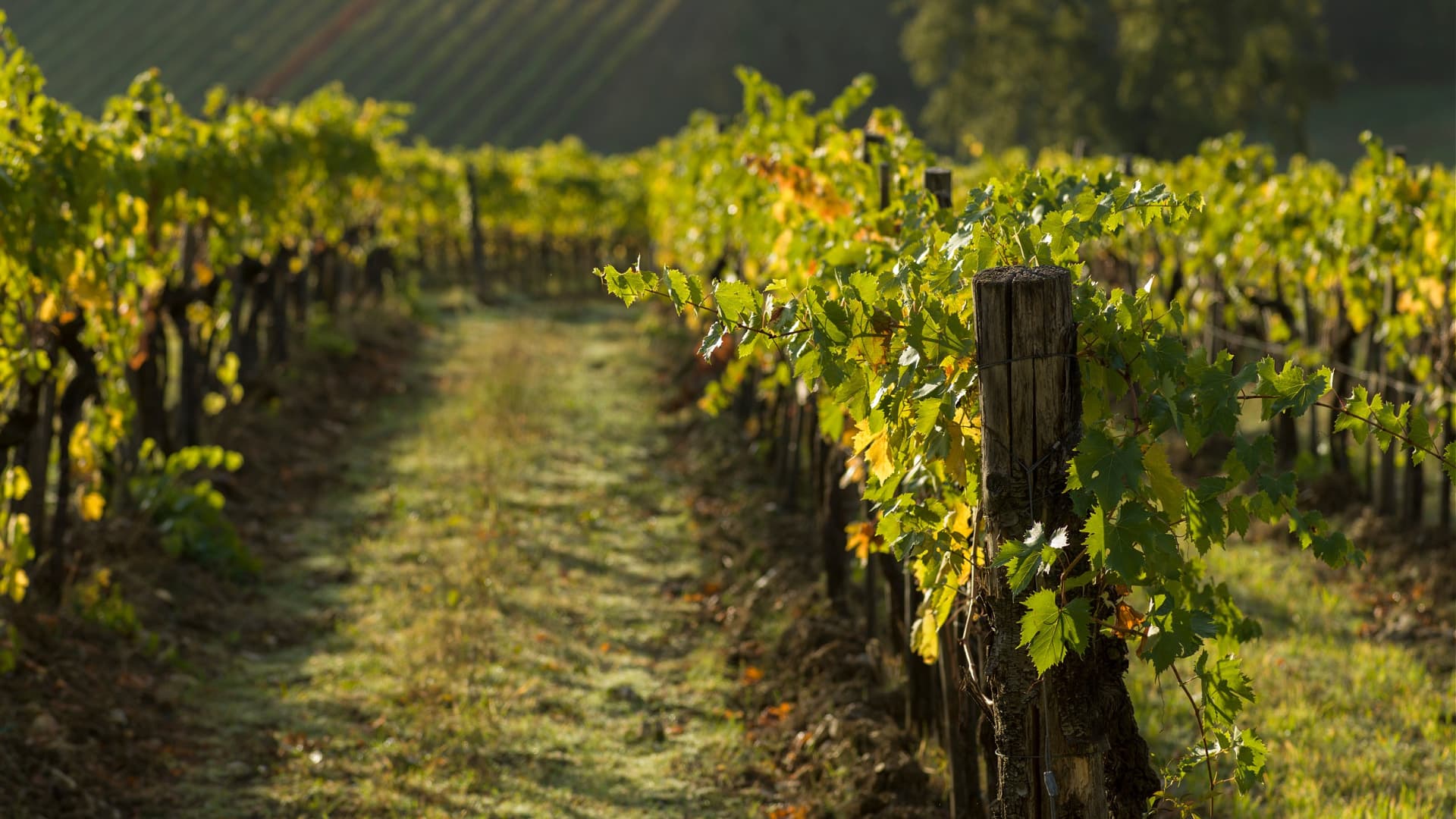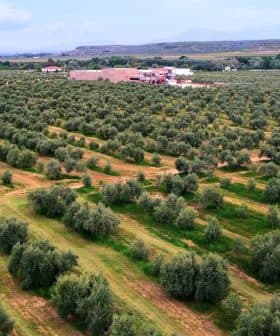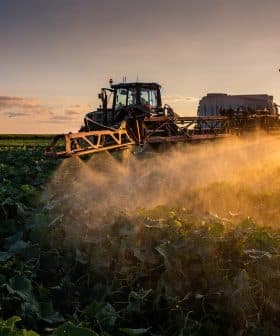Europe Strengthens Protections for Geographical Indications

The European Parliament has passed new legislation to strengthen protection for Geographical Indications (GIs) for agricultural products, including wine, spirits, and olive oil, with additional safeguards for online use and labeling requirements. The law aims to enhance competitiveness and sustainability for territorial productions, recognize the Italian model as an example for Europe, and simplify the GI registration process, with the regulation set to come into force 20 days after publication in the E.U. Official Journal.
The European Parliament has voted overwhelmingly to strengthen rules protecting Geographical Indications (GIs) for wine, spirits, extra virgin olive oil and other agricultural goods against counterfeits and fraud.
The reforms include additional protection for GI products online, clarifying how products using GI ingredients must be labeled, giving GI producers more rights and streamlining the registration process for new GI products.
“This is a significant moment for the agri-food sector,” said Pietro Paganini, president of Competere, a think tank that lobbied for the law.
See Also:Rise in Production of Italian PDO and PGI Olive Oils, New Report Reveals“For the first time, the sector has a unified legislative basis, which aims to strengthen the competitiveness and sustainability of territorial productions, as well as the fundamental role of protection consortia,” he added. “The new regulation recognizes the Italian model as an example for all Europe.”
The new law requires national authorities to take administrative and judicial measures to stop the illegal use of GIs online and in the real world. For example, domain names using GIs illegally must be shut down or access disabled via geo-blocking.
Geographical Indication
GI products, or Geographical Indication products, refer to agricultural or food items whose qualities, reputation and characteristics are closely linked to their geographical origin. These designations ensure that products, such as extra virgin olive oils. are produced using traditional methods and adhere to strict quality standards.
The new rules also restrict how processed products may use GIs on their packaging or advertising, stating that the GI must be “used in sufficient quantities to confer an essential characteristic on the processed product.”
Furthermore, the percentage of the GI ingredient used in the product must be indicated on the label, and a recognized producer group for the ingredient must be notified before use.
If used in processed products, GI names must be included on packaging in the same field of vision as the names of the food producer.
The law also clarifies that the European Commission will maintain sole oversight of the GI system, simplifies the procedure for applying for new GIs and encourages producers to develop tourist activities.
While the proposal to attach mandatory sustainable practices to GI applications was not approved, the final text encourages producers to prepare sustainability reports describing their sustainable practices.
According to Paolo De Castro, an Italian Member of the European Parliament and the rapporteur for the reform, the new legislation will make European agriculture more sustainable and competitive by promoting activities that add value to traditionally produced goods.
See Also:Two Greek PDO Olive Oils Receive Protection in India“Thanks to Parliament, we now have a crucial regulation for our quality agri-food chains, strengthening the role of producer groups and the protection for Geographical Indications, increasing simplification, sustainability and transparency towards consumers,” he said.
“This is a better system, generating added value, without public funds,” De Castro added. “After the crises sparked by the Covid-19 pandemic, the Russian invasion of Ukraine, and the surge in production prices, the new GI regulation finally is good news for European farmers.”
GIs institute intellectual property rights for registered food products from specific production areas and are produced according to approved protocols – usually following traditional methods.
Since the 1970s, European authorities have moved to protect GIs. There are currently 3,5000 GIs recognized by the E.U., valued at more than €80 billion.
More than 130 extra virgin olive oils are registered with a Protected Designation of Origin (PDO) or Protected Geographical Indication (PGI) by Brussels.
PDOs are GI products entirely produced in a specific region, while PGIs tend to cover broader areas and specify that most but not all of the process must occur in that area.
According to Janusz Wojciechowski, the E.U. commissioner for agriculture, GI products “preserve our unique heritage and traditions, and they support rural job creation.”
The law will be published in the E.U. Official Journal as soon as the European Council formally adopts the new rules and will come into force 20 days after publication.










